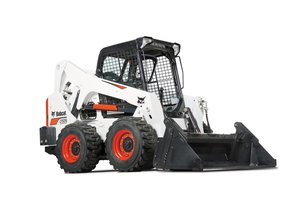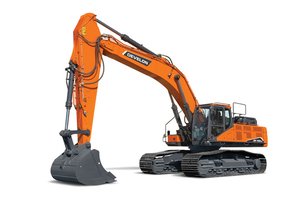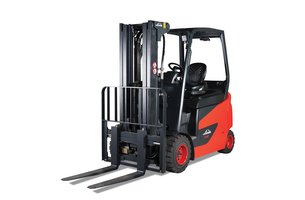Electric and Diesel Alternatives to LPG
March 17, 2015

Cleaner, Quieter – and Cheaper
Cleaner, Quieter – and Cheaper“Alternative fuels” is not a novel term. And it is likely to become even more prominent in the Materials Handling industry as the consumption of Liquid Petroleum Gas (LPG) is expected to increase by as much as 30% on Tier IV equipped vehicles. This eventuality will inevitably raise the level of discussion regarding diesel and electric machines and lead to greater justification of their costs.
The major harmful emissions from LPG engines are similar to those from other internal combustion engines: carbon monoxide (CO), hydrocarbons (HC), and nitrogen oxides (NO). When engines operate in enclosed spaces, such as warehouses, buildings under construction, or tunnels, carbon monoxide can accumulate quickly and reach dangerous concentrations. It causes headaches, dizziness, lethargy, and death. CO is usually the major concern whenever LPG engines are used indoors.
Electric machines rely on batteries and produce no exhaust emissions. This improves air quality and eliminates the possibility of damage to work products from engine exhaust. With these qualities, electric machinery is particularly well suited for indoor use in warehouse applications. With fewer moving parts and no engine or exhaust noise, electric engines also produce one quarter of the noise of internal combustion engines.
In the past, the major challenges to the electric option were performance and productivity. When compared to LPG fuelled engines, though, the new generation of electric machinery boasts longer battery run time, lower maintenance costs, 70 to 80 percent lower fuel costs, 30 percent longer service life, and less down time. Simply put, from an operational standpoint and in all environments, an 80-volt electric truck comfortably performs and competes with today’s LPG models.
If the benefits of “electric” can be summarized in the words “clean, quiet, compact, and nimble,” then the strength of the “diesel” resides in its economy. It’s cheap! Diesel engines are more fuel efficient than LPG powered engines and can be run on red diesel. An average fuel tank of 50 litres of duty free diesel will last much longer than an 18-kg bottle of gas, in like-for-like usage. The higher torque of a diesel engine fork lift, compared with an LPG machine, makes the diesel better on gradients and more powerful for towing duties.
For all of these reasons – environmental, operational, and economic – the electric and diesel discussion is front and centre.



